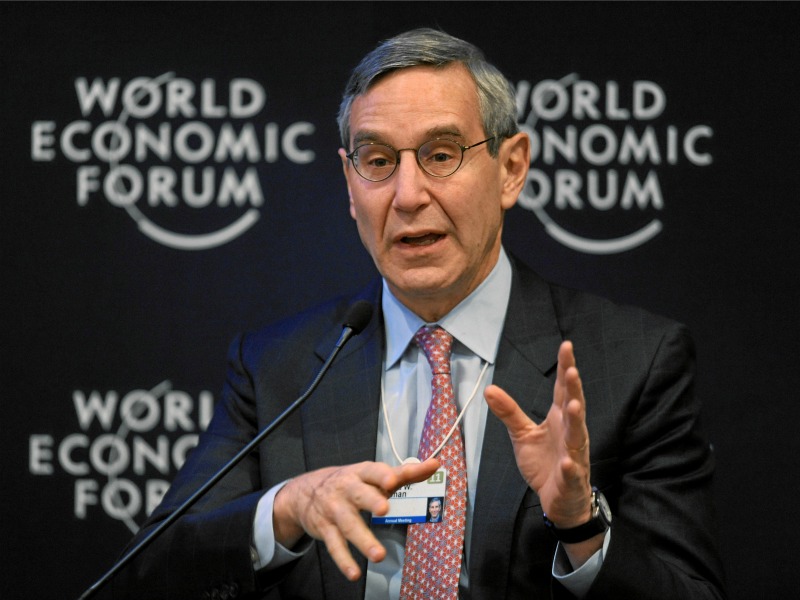Holmes Report 18 Jan 2016 // 10:18AM GMT

NEW YORK — A significant 'trust gap', driven by income inequality and diverging expectations, has opened up between the informed public and the mass population, reveals Edelman's 2016 Trust Barometer.
The 16th edition of the study, which polled 33,000 respondents around the world, finds that while trust levels among informed publics — college educated and media savvy — are the highest ever in 16 years, trust is below 50% for the mass population in over 60% of the countries surveyed.
That has led to the largest ever trust gap recorded by the survey — 12 points between the informed public and mass population. Edelman CEO Richard Edelman believes that consequences of this trend are "the rise of populist politicians, the blocking of innovation and the onset of protectionism and nativism."
Worryingly, this year's Trust Barometer reports that the divide is directly linked to income inequality. A double-digit trust gap between high-income and low-income respondents is present in nearly two-thirds of the countries, with the US (31 points), France (29 points) and Brazil (26 points) exhibiting the largest disparities.
There are also diminished future expectations among the mass population. In more than two-thirds of the nations surveyed, less than half of the respondents believe they will be better off in five years' time.
The idea that the mass population will continue following the elite, says Edelman, is a 'Grand Illusion' which must be dispensed with. "This 'Illusion' was predicated on the belief that the informed publics have access to superior information, their interests are interconnected and that becoming 'an elite' was open to all who work hard," he explains.
"But the democratization of information, high-profile revelations of greed and misbehavior, coupled with rising income inequality, have squashed those beliefs. The trust of the mass population can no longer be taken for granted."
The Barometer reveals that respondents are increasingly reliant on a "person like yourself", who, along with a regular employee, are significantly more trusted than a CEO or government official. On social networking and content-sharing sites, respondents are far more trusting of family and friends (78%) than a CEO (49%).
Despite the general population's skepticism of business, it has the best opportunity to bridge the trust chasm. Overall, respondents view business (61%) as the institution most trusted to keep pace with rapid change, far more than they do government (41%) and NGOs (55%).
Business is also significantly more trusted than government in 21 of 28 countries, with large gaps in countries such as South Africa (44 points), Mexico (44 points) and the US (12 points). And 80% believe business can both increase its profits while improving the economic and social conditions in the communities in which it operates.
Globally, business also received the largest uptick in trust (5 points to 53%) among the four institutions, while continuing to close the gap on NGOs (55%) as most trusted. This was aided by the continued recovery of the financial services sector (51%), which has seen an eight-point increase over the last five years, larger than any other sector. And for the sixteenth consecutive year, technology (74%) remains the most trusted industry.
"No longer can business leaders focus on short-term goals," said Kathryn Beiser, global practice chair of Edelman's corporate practice. "Stakeholders expect business to have a solid and steady focus on financial returns, but also on actions around key issues such as education, healthcare and the environment."
Respondents want to see a shift in CEO focus from short-term results and lobbying to job creation (49%) and positive long-term impact (57%). They also want business leaders more visible in discussions of income inequality and public policy (80%).
For the fifth consecutive year, meanwhile, search engines (63%) and traditional media (58%) remain the two most trusted sources for general news and information. Online media jumped 8 points to 53% and is now the third most trusted source, followed by owned media, which is up 3 points to 46% and social media (44%).
Globally, family-owned companies (66%) remain most trusted, trailed by public (52%) and state-owned (46%) businesses. Companies headquartered in developed markets are still more trusted than those based in developing markets. Canada, Sweden and Switzerland, all 66%, are most trusted, followed by Germany (64%).



































.jpg)

















